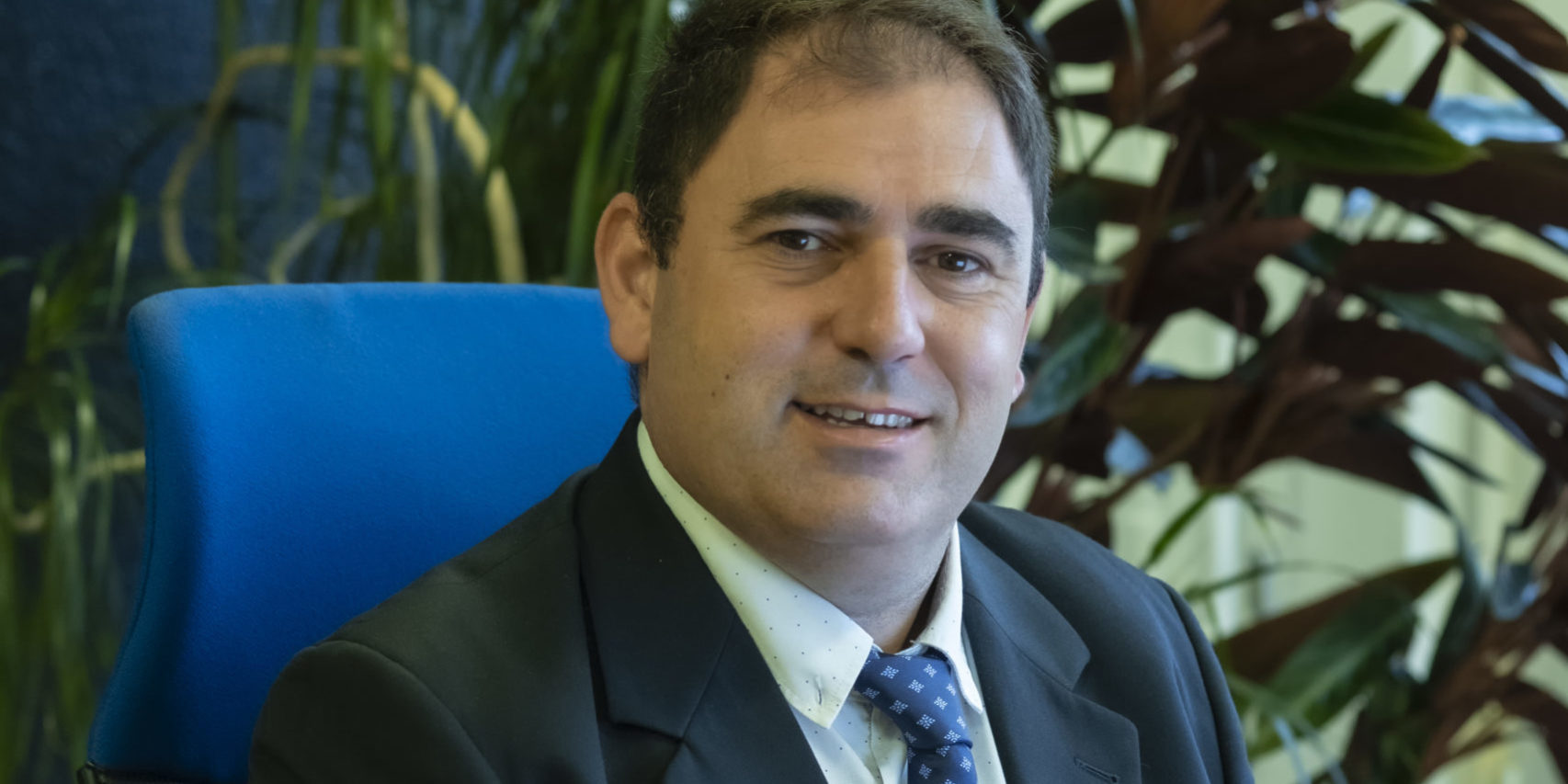Mr. Jon Labaka is the Executive director of TKNIKA. It is a centre promoted by the Deputy Ministry of Vocational Education and Training of the Education Department of the Basque Government. Innovation and applied research are at the core of Tknika. We work on innovative projects in the areas of technology, education and management involving teachers from Basque VET centres. Our goal is to develop the capacities of the Basque VET system to the maximum.
In the Basque Country we have been working for years for a VET system connected to society and companies, with an integrated and wide range of services. Working in a network with the aim of building a systemic response from the network of centres and not just a set of good practices. We feel that these principles are shared by our partners and it is a pleasure to travel with them on this journey.
What does the Advanced manufacturing sector represent for the Basque Country?
Manufacturing represents tradition, history and I would even say that it is intrinsic to our culture. From the construction of ships in the Middle Ages, to heavy industry in the last century and up to the current Basque production system, the evolution has been constant. Advanced Manufacturing is one necessary step in this evolution: it is vital for our way of understanding industry, and it is of course an opportunity to continue being the society that we are and want to be.
What is participating in a CoVE project bringing to your organisation, to the Basque VET system and to your region?
Compared to other European regions, the Basque Country is small, and tiny compared to other countries. However, we have a deep-rooted culture, feeling and identity. Within this culture, I would highlight the ability to collaborate and work together, something that is deeply rooted in the Basque Country and, of course, in our vocational training. We have been working in the VET network for years. Of course, between centres, but also with companies, regional development agencies, international agents, technology centres, etc. In fact, I would say that TKNIKA is a consequence of this dynamic of collaboration.
For us, the CoVEs, and especially their coordination, mean the opportunity to connect and expand our network. It means being able to work in a European dimension. It means an opportunity to share and learn with the best. It is also an opportunity to make our region and its capacities visible, which is very interesting for a country as small as ours.
As project leader, what is Tknika vision for the project? How do you see EXAM 4.0’s sustainability and exploitation taking place?
If we had to choose one of the objectives and ensure that it is achieved, I would prioritise the objective of generating a community: the Platform of Centres of Vocational Excellence in Advanced Manufacturing. A broad network of collaboration where joint developments in current issues are generated and which allow the members of the network to develop the services they offer to society in advanced manufacturing. But wishing for an objective is not enough, it must be developed, built and worked on. In particular, the generation of a network of this type requires that it provides value to its members. It must be an effective way to develop the individual objectives of each member in a collaborative way. Something that is very easy to say, but difficult to build.
To be able to build such a platform requires the rest of the project’s objectives, we must expand the network, generate spaces for sharing, generate joint ways of working, design new knowledge and innovative services and be able to achieve concrete results. So that we build the characteristics of the community that we imagine. But the community will not be possible without developing each of the characteristics we are looking for in it.
Of course, the construction of such a platform requires the support of the European Commission, as it requires effort and dedication, the results of which will not be immediate. But we should not lose sight of the fact that it should be of interest to its members for what it has to offer. Achieving this would go a long way towards achieving the objective.
How are CoVES promoting European excellence worldwise? Or what could they do to promote it?
It is an initiative in which different countries come together around different themes, with the aim of sharing, innovating and carrying out joint developments. The initiative itself is a declaration of intent and attracts the attention of many countries. If we are also able to present it to the world in the appropriate fora, together with several partners and with the support of the European Commission. The initiative will attract attention at home and abroad.



